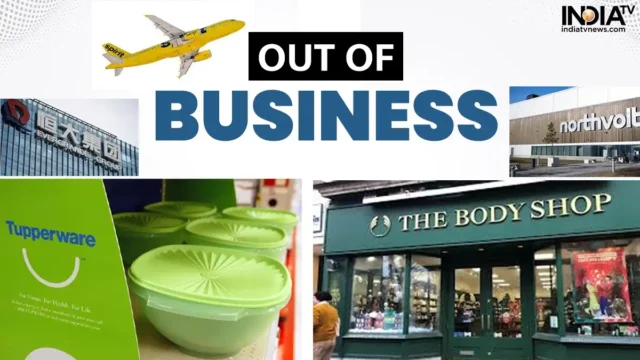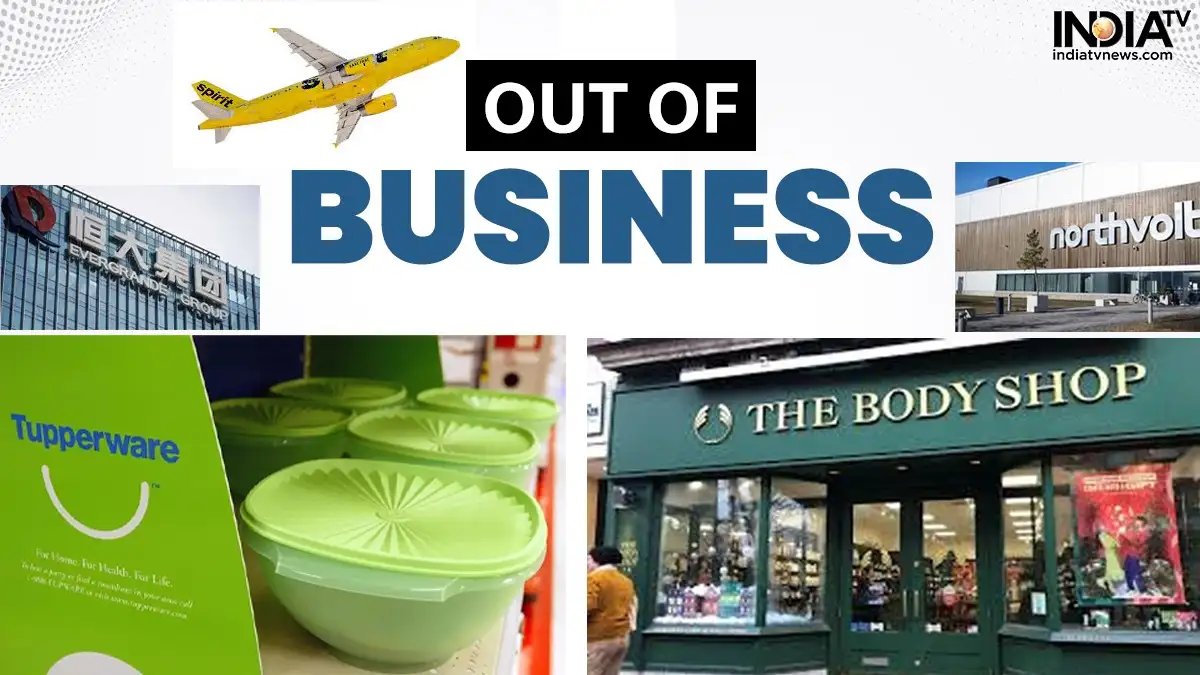
Yearender 2024: In the year 2024, several high-profile companies faced financial turmoil and finally filed for bankruptcy. This year, a mix of economic pressures and shifting market dynamics pushed some key players across industries into financial distress.
What is Bankruptcy?
Bankruptcy is a legal proceeding for people or businesses that are unable to repay their outstanding debts. It is a process that allows them to meet their debt obligations to restructure or liquidate their assets. Bankruptcy often signals a last-ditch effort to salvage operations, address creditor claims, or wind down entirely.
Let us take a look at the top companies that sought bankruptcy protection in 2024, and what led to their downfall.
Tupperware
Tupperware, a leading name in kitchen and home storage solutions, filed for bankruptcy in September 2024. The company was founded in 1946 by Earl Tupper with his revolutionary airtight plastic containers, the company listed assets of $500 million-$1 billion and liabilities of $1 billion-$10 billion.
Tupperware’s financial struggles lead to bankruptcy. CEO Laurie Ann Goldman blamed years of financial struggles, exacerbated by a difficult macroeconomic environment, for the bankruptcy. The company now seeks court approval to protect its brand and transition into a digital-first, tech-driven model.
Earl Tupper created airtight containers from plastic waste. But they didn’t sell in stores – until a woman named Brownie Wise suggested home parties. That sales innovation created the modern direct-selling industry.
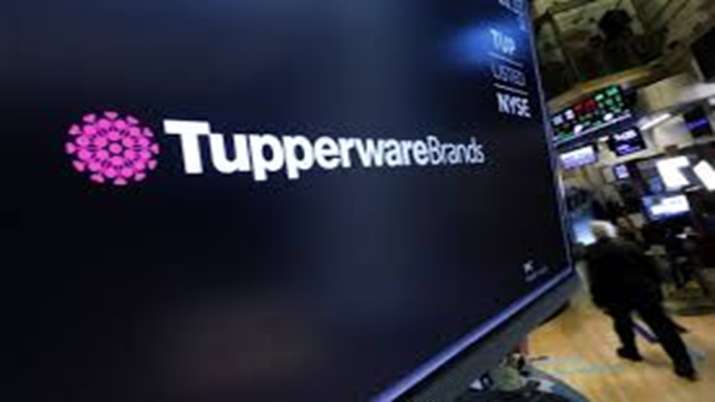
Evergrande
In January 2024, a Hong Kong court ordered the liquidation of China’s colossal property developer Evergrande Group. The company’s failure to restructure its massive debt following its 2021 default sent shockwaves through China’s real estate sector, which is central to the country’s economy.
Evergrande Group faces liquidation due to massive debt. Once China’s top property developer, Evergrande was exposed in 2021 to be grappling with over $300 billion in debt as the government tightened oversight of the real estate sector.
In January 2024, a Hong Kong court ordered the liquidation of Evergrande Group, China’s colossal property developer. The company’s inability to restructure its massive $300 billion debt after its 2021 default sent shockwaves through China’s real estate sector, which is integral to the country’s economy.
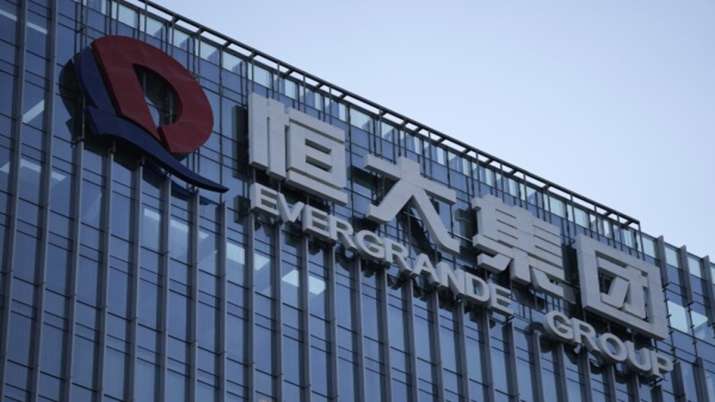
Northvolt
Swedish battery manufacturer Northvolt filed for Chapter 11 bankruptcy protection in the US in November 2024. The company, which is critical to the electric vehicle industry, is weighed down by $5.8 billion in debt amid production difficulties, the loss of a key customer, and inadequate funding.
With just a week’s worth of cash remaining, Northvolt obtained $100 million in financing to traverse the bankruptcy process.
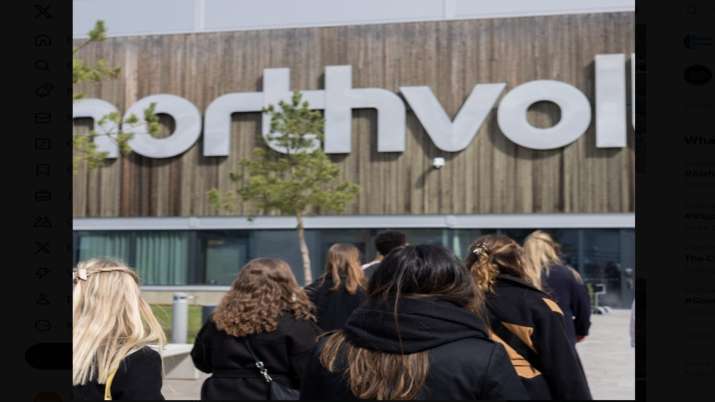
The Bodyshop
In March 2024, The Body Shop filed for Chapter 7 insolvency in the US and Canada, a process where assets are liquidated to pay off debts. The company closed all its US stores on March 1, 2024. In Canada, it liquidated 33 of its 105 stores and stopped online sales in the country.
The United Kingdom-based cosmetics brand has been impacted severely by inflation and competition from mall-based retailers targeting middle-class consumers.

Avon
Avon, the US-based holding company of Avon Products, filed for Chapter 11 bankruptcy in August 2024 to address its debt and legacy talc liabilities. Once a dominant direct sales firm valued at approximately $21 billion, Avon faces over 200 lawsuits linking its talc-based products to cancer.
Avon heads to bankruptcy following crippling lawsuits. Despite ceasing sales in the United States in 2016 after divesting its North American business, Avon continues to operate in international markets, including Europe and Latin America.
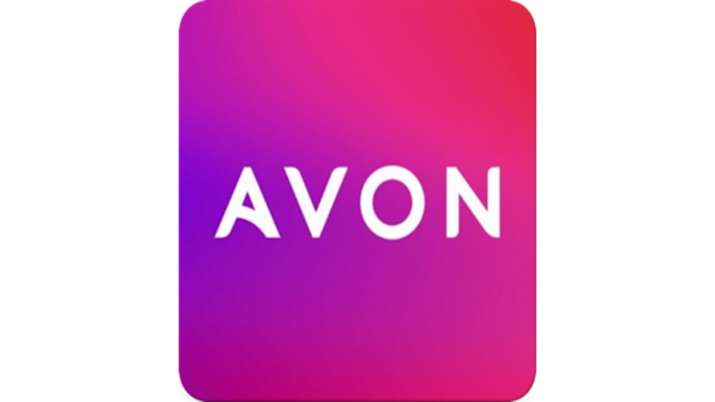
Red Lobster
The world’s largest seafood restaurant chain, Red Lobster, filed for bankruptcy in May this year after accumulating over $1 billion in debt and liquidity issues with less than $30 million in cash reserves. It filed for bankruptcy amid financial challenges.
The company struggled to cope with a difficult macroeconomic environment, underperforming restaurant footprint, failed strategic initiatives, and increased competition within the restaurant industry. Red Lobster exited bankruptcy after being acquired by RL Investor Holdings for $375 million in September 2024.
Red Lobster CEO Jonathan Tibus said in the bankruptcy documents, “Recently, the debtors have faced a number of financial and operational challenges, including a difficult macroeconomic environment, a bloated and underperforming restaurant footprint, failed or ill-advised strategic initiatives, and increased competition within the restaurant industry.”
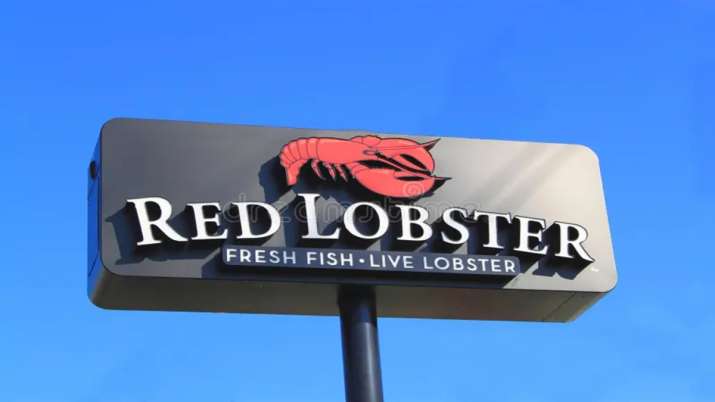
Spirit Airlines
Spirit Airlines, the largest budget carrier in the United States filed for bankruptcy in November 2024 after suffering mounting losses and insurmountable debt in the post-pandemic travel landscape.
With increased competition and a failed merger with JetBlue Airways, the airline was left with no viable options. The company lost more than $2.5 billion since the start of 2020 and faced debt payments totaling more than $1 billion.
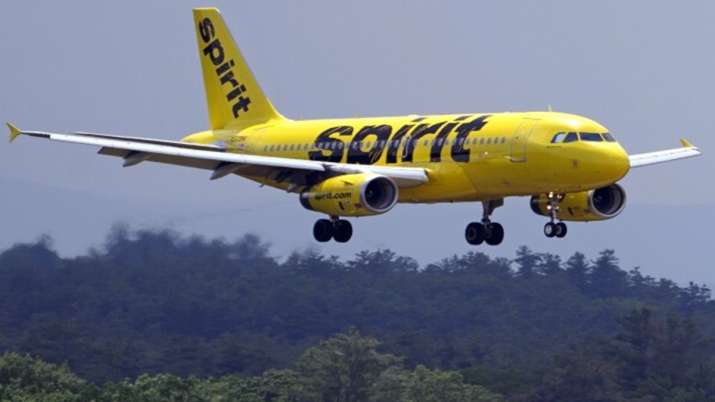
LaVie Care Centers
LaVie Care Centers, a leading operator of skilled nursing facilities, filed for Chapter 11 bankruptcy in June 2024, blaming the lingering effects of the COVID-19 pandemic and rising labour costs. LaVie carries over $1.1 billion in debt, including $622 million tied to long-term lease agreements with its landlords.




























